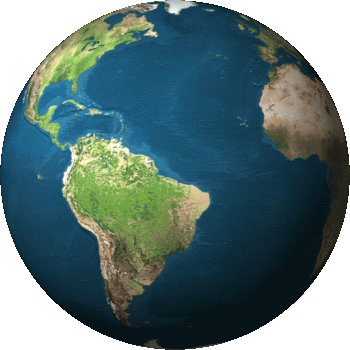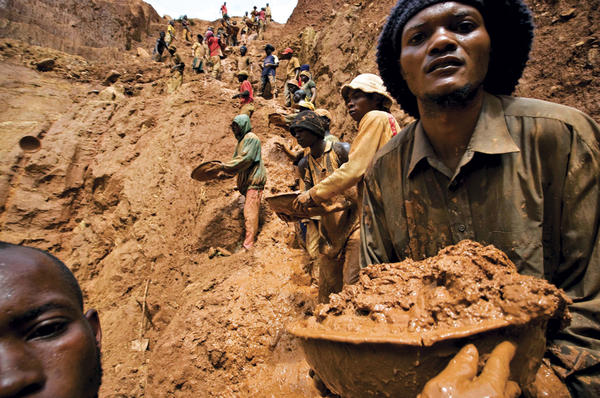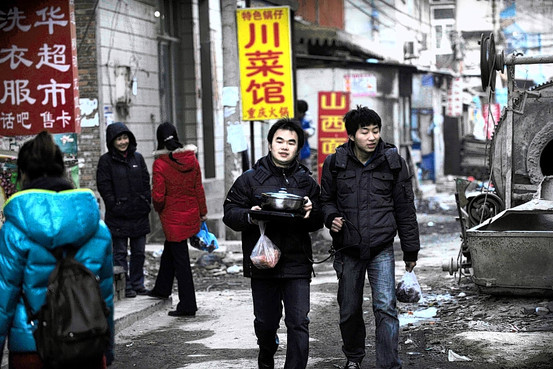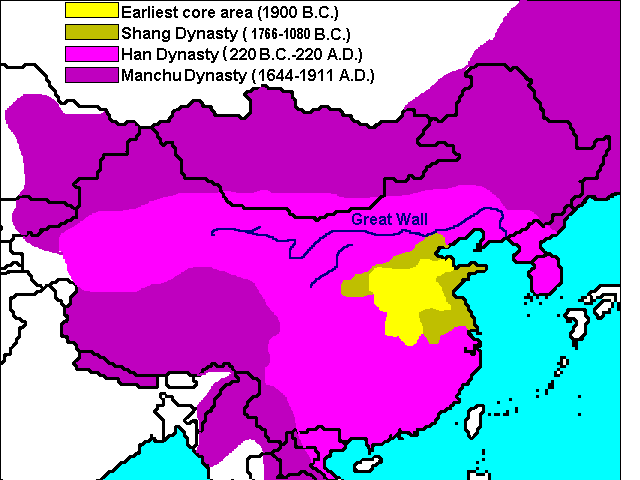China schools attacks
 Wednesday, May 19, 2010 at 12:03AM
Wednesday, May 19, 2010 at 12:03AM 
Per the FT (Hille):
When a man with a cleaver walked into a kindergarten in China's Shaanxi province on Wednesday and hacked seven children and their teacher to death, shock was not the first public reaction.
After six such attacks in as many weeks, the mood among parents is approaching panic.
As one woman pleaded: "We cannot feel safe any more. How come they can't stop this?"
How come? Cause the government is too damn busy reading all your text messages.
This latest attacker, according to Oster in the WSJ (5/13) , showed no signs of mental illness, was well-off by local standards and was a member of the village government. Naturally, the Party comes under fire:
"These cases pose a challenge to the government because it's being criticized for its weak social administration," said Ma Ai, a leading sociologist at the China University of Politics, Science and Law. "The government may be blamed if it can't protect its citizens—especially vulnerable children. I think these attacks are more and more like terrorism."
Sign of the times: popular children's write pens a song called, "I want to come home alive."
Dear uncles and aunts
I am in the school
If you are dissatisified
Please petition the government
I want to go home alive!
Nice.
Wen (premier) feels compelled to address the issue (Wong, NYT):
In a brief television interview, Mr. Wen told Phoenix Television, based in Hong Kong, that the government attached “great importance” to investigating the assaults, in which 17 people have been killed and nearly 100 wounded. All the assailants have been middle-aged men armed with knives or tools and acting alone.
Apart from taking powerful security measures, we also need to solve the deeper reasons behind this issue, including resolving social tensions, reconciling disputes and enhancing mediation at the grass-roots level,” he said. “We are sparing no effort in all of the above works.
In discussing the attacks, however, Mr. Wen did not address the possibility that some of the attackers might have been mentally ill.
Under orders from China’s central propaganda department, most of the main Chinese news organizations have declined to run follow-up stories on Wednesday’s attack, which took place in Linchang Village, in Shaanxi Province. China Daily, an English-language newspaper aimed at foreigners, was an exception — it ran a front-page headline on Friday that said "School Security Beefed" and carried Mr. Wen’s comments. Chinese officials say reports about the attacks could incite more copycat assaults, and in any case the propaganda department is often quick to order a blackout on news that points to deep social disturbances in China.
Two of the attackers in the first four episodes were diagnosed with a mental ilness, a topic that the Chinese often avoid discussing. Interviews conducted by The Associated Press in Linchang indicate that the killer there, Wu Huanming, 48, was an unbalanced person . . .
So event though such attacks are rare in China, the combination of middle class parents, precious only-children and media coverage is creating a lot of public pressure on the government to do something.
Another sign of social stress: higher rates for suicide among Chinese factory workers.


























